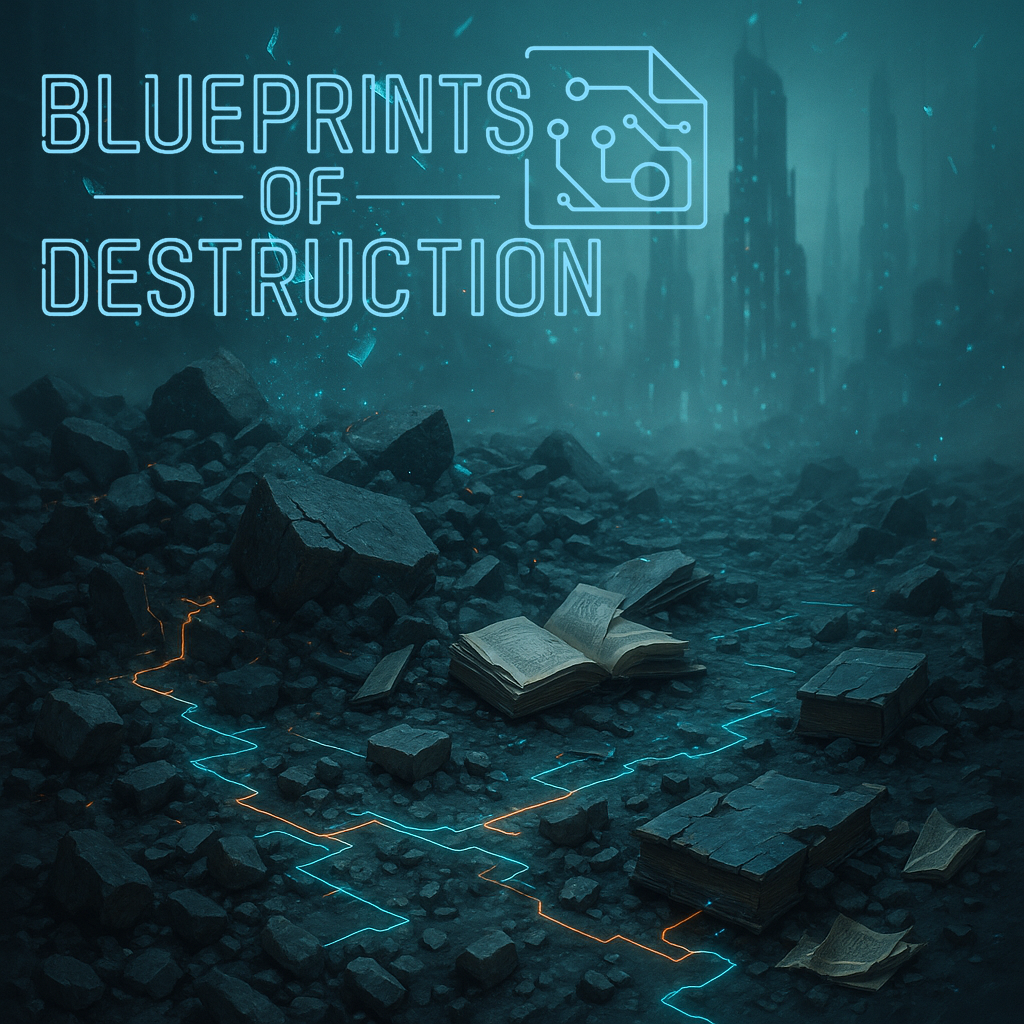- Home
- Create Your Own World
Create Your Own World
A Basic Introduction to Worldbuilding
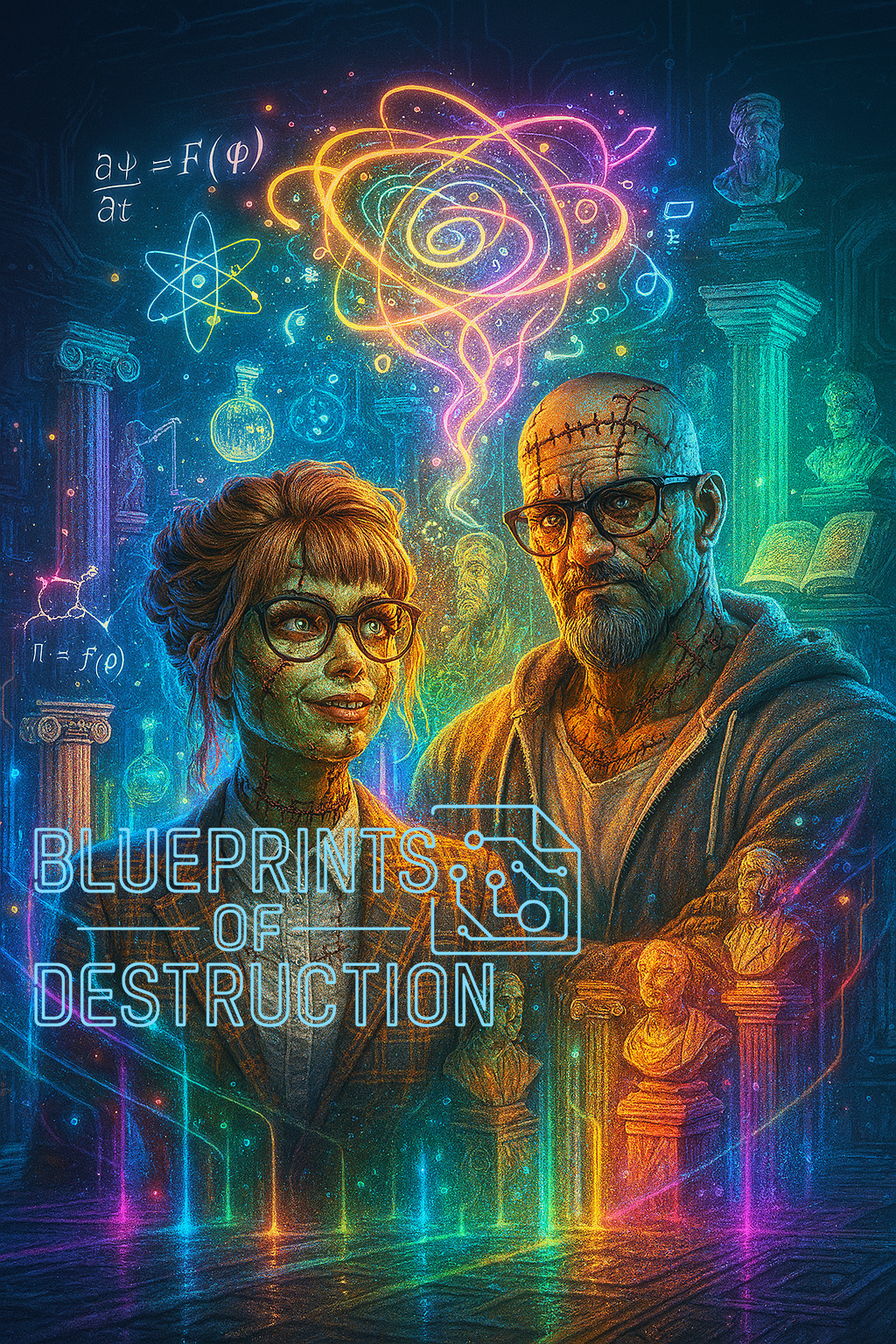
When you first have the desire to create your own world, you may soon realize creating a fully immersive experience can be extravagantly overwhelming. With an entire ecosystem of beings, politics, food, and the monotonous hum-drum of daily life, the sheer volume of intricate details brings a spectrum of challenges along with it. Once the separate components to create your own world are broken down into more manageable pieces, the process becomes significantly easier to work.
One of the easiest ways to simulate a believable world is to take facets of the world around you to inspire and help model your own story. There is no greater realism than life itself, whether in its beauty or its horror. Fantastic ideas lie just below the surface if you look close enough. The principles of science, the concepts of art, and even historical facts can ignite inspiration in an instant. Worldbuilding is often more about crafting creativity than it is about trying to finesse raw data. It is about the execution of transmitting intangible ideas into observable notions. There is no simple three-step process that, once worked through, is done and dusted. This is a process that might, and debatably should be approached with some patience.
While there are a plethora of aspects to worldbuilding, for now we are going to break down a few that potentially have a heavier impact on continuity and storytelling. Those categories are:
Framing the Setting
Establishing Rules
Defining Core Concepts
Framing the Setting to Create Your Own World
Without knowing where or when your story takes place, it can be very difficult to solidify other major rules of your world. Will your story unfold in the caves of a distant, undiscovered planet, or right here on planet earth? Will your story's twists and turns be through a realm unknown or entirely within a character's mind? Will your story follow our own expected rules of physics, or will you be introducing your reader to new laws of science?
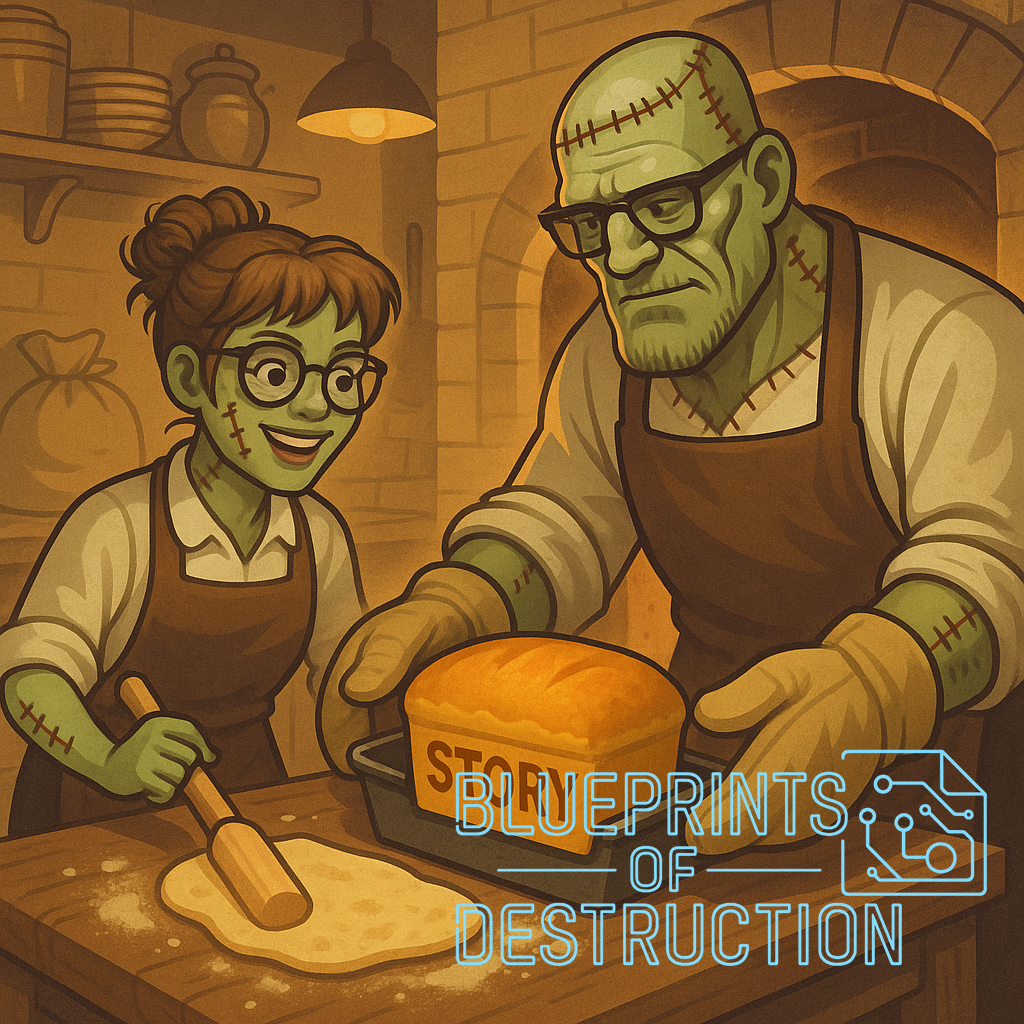
To create your own world, you need to construct the recipe. Before you can gather the ingredients to bake your favorite dessert, you need to know exactly what it is that goes into what you are baking. Is it a custard, or a brownie? Just like those two desserts vary wildly in both ingredients and preparation, you need to know the ingredients and preparation method to create your own world. A sci-fi story's ingredients are most likely going to be completely different from a romantic fantasy. Your setting will help give a baseline for the next set of ingredients you will need for solid worldbuilding.
Another point to setting is time, which is just as important as physical location. The world of Blueprints of Destruction offers a very different experience than the one the reader is surrounded by in the real world. Understanding what kind of food your characters will be eating, or the clothes that they wear are necessary details when beginning to create your own world, but you can't establish those details until you know both when and where your characters are.
Create Your Own World Through Establishing Rules
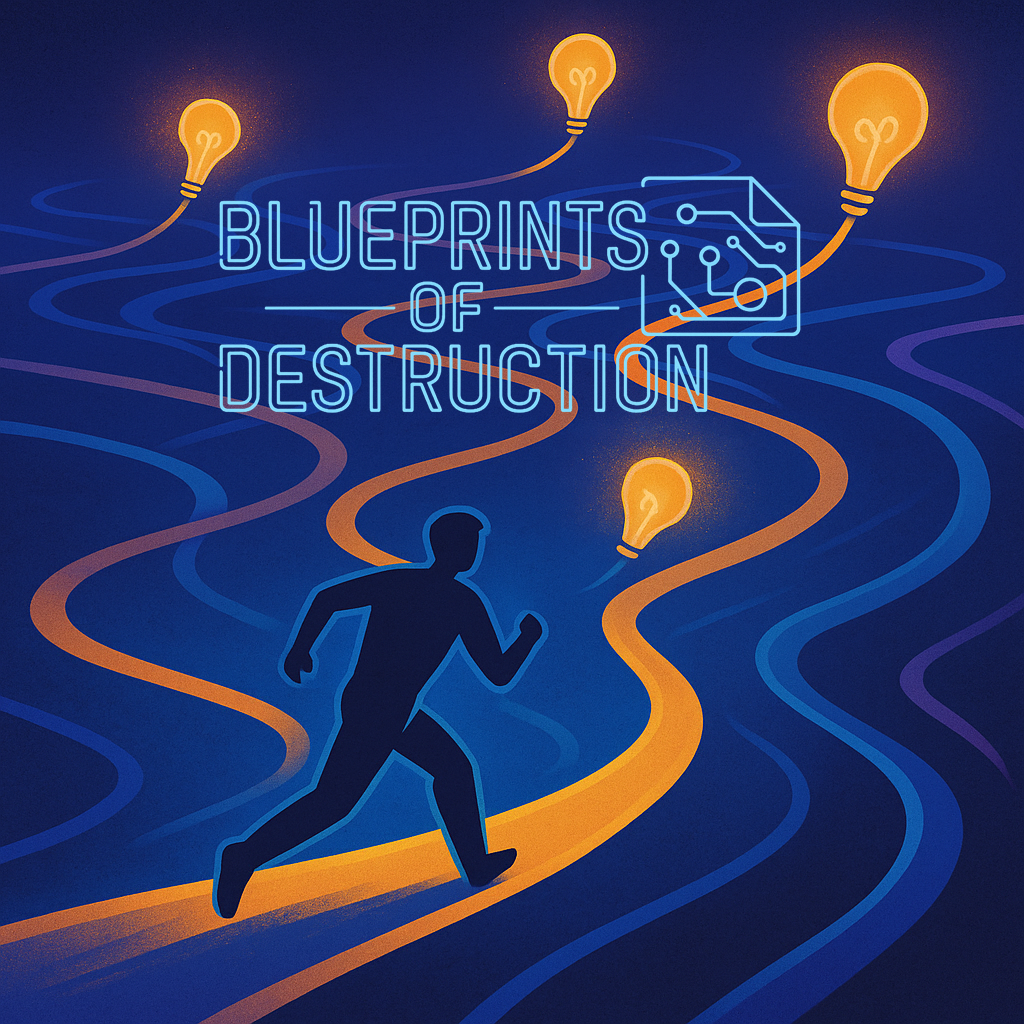
Establishing rules is an important step in order to create your own world successfully. Consistency is the key to solid worldbuilding. Whether you choose to use magic or technology, it is critical to know what is or is not allowed within the confines of your worldbuilding system. In either case it is important that your chosen parameters create as many challenges as solutions. While using new systems of either magic or technology it is possible to fall into the "lazy-solution" trap simply because you have the ability to write the rules. You may find yourself facing a tough challenge after you have boxed yourself in through undeveloped consequences. If you are opting to write a sci-fi story, well-established science and clear parameters around technology's abilities will seal your world's believability.
Whatever rules you choose to use, stick with them for the duration of your story. Few things are more frustrating than an author breaking their own rules to patch a plot hole—especially one they likely created by deviating from those very rules in the first place. On the other hand, limiting the scope of storytelling by allowing your worldbuilding rules to create both obstacles and solutions can be useful in setting boundaries for yourself, your story, and the characters within it. It’s easy to get lost chasing fleeting thoughts down their respective rabbit trails. Strictly established rules help keep the story as the cornerstone—not only by identifying when your efforts are being sidetracked, but also by serving as a reference to guide your train of thought back on track.
Create Your Own World by Defining Core Concepts
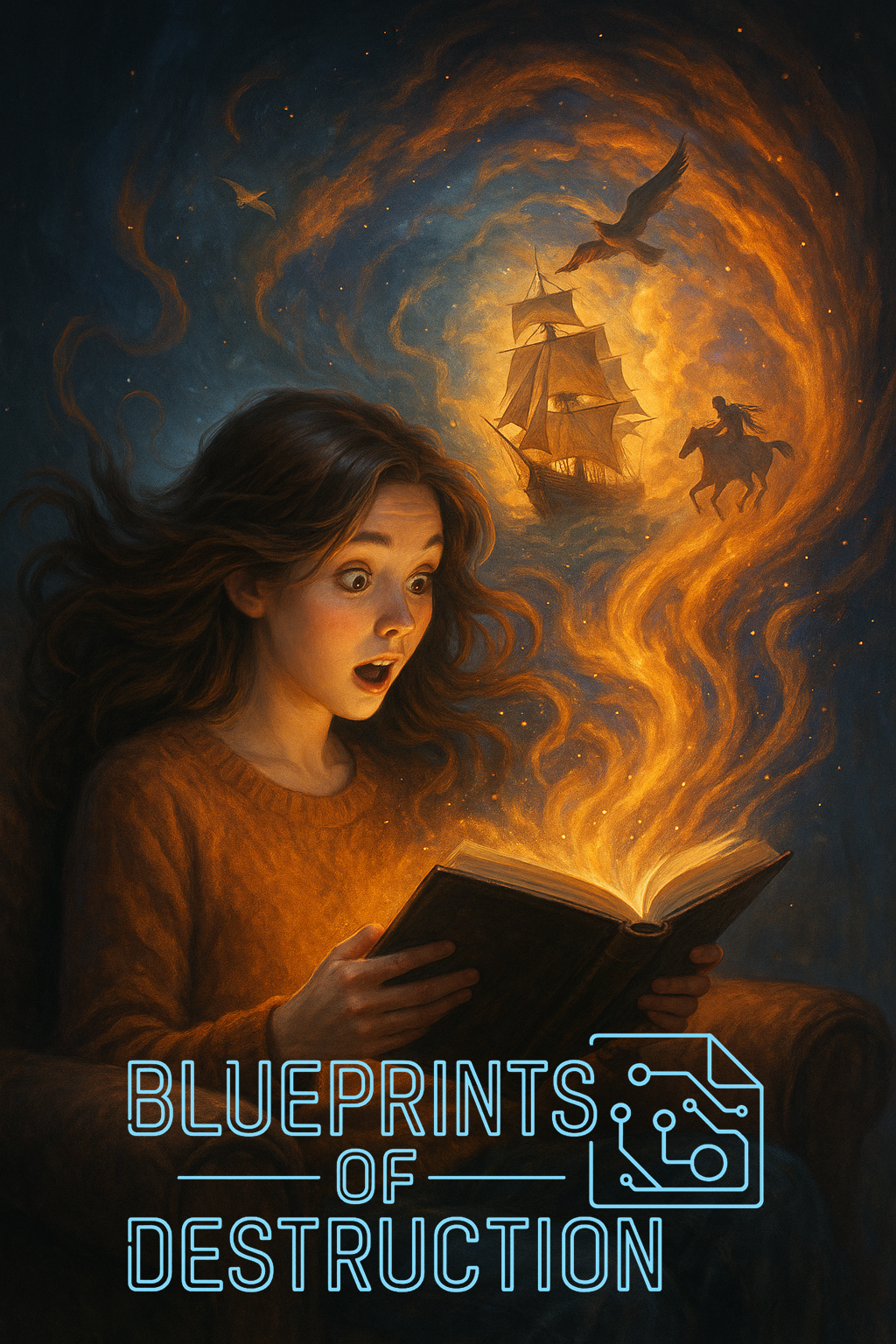
Defining core concepts can also be essential as you create your own world. Now that you have strict boundaries of what is or is not allowed, working through the core concepts will be a little bit easier. What about your world's magic system, technology, or society make it unique against the plethora of other stories that your reader could pick up instead of yours? How do you use innovative ideas to create a grand adventure? How can you create your own world that your reader can be swept up into alongside your characters?
Even if you aren't adding any groundbreaking elements like unique magic systems or fantastical realms, you can still add creative core concepts to the foundation of your story. As you create your own world, weaving interesting intercharacter dynamics or a goal that is especially hard to achieve throughout your narrative is a wonderful method to define core concepts. Most of all, commit to the narration and put words onto paper.
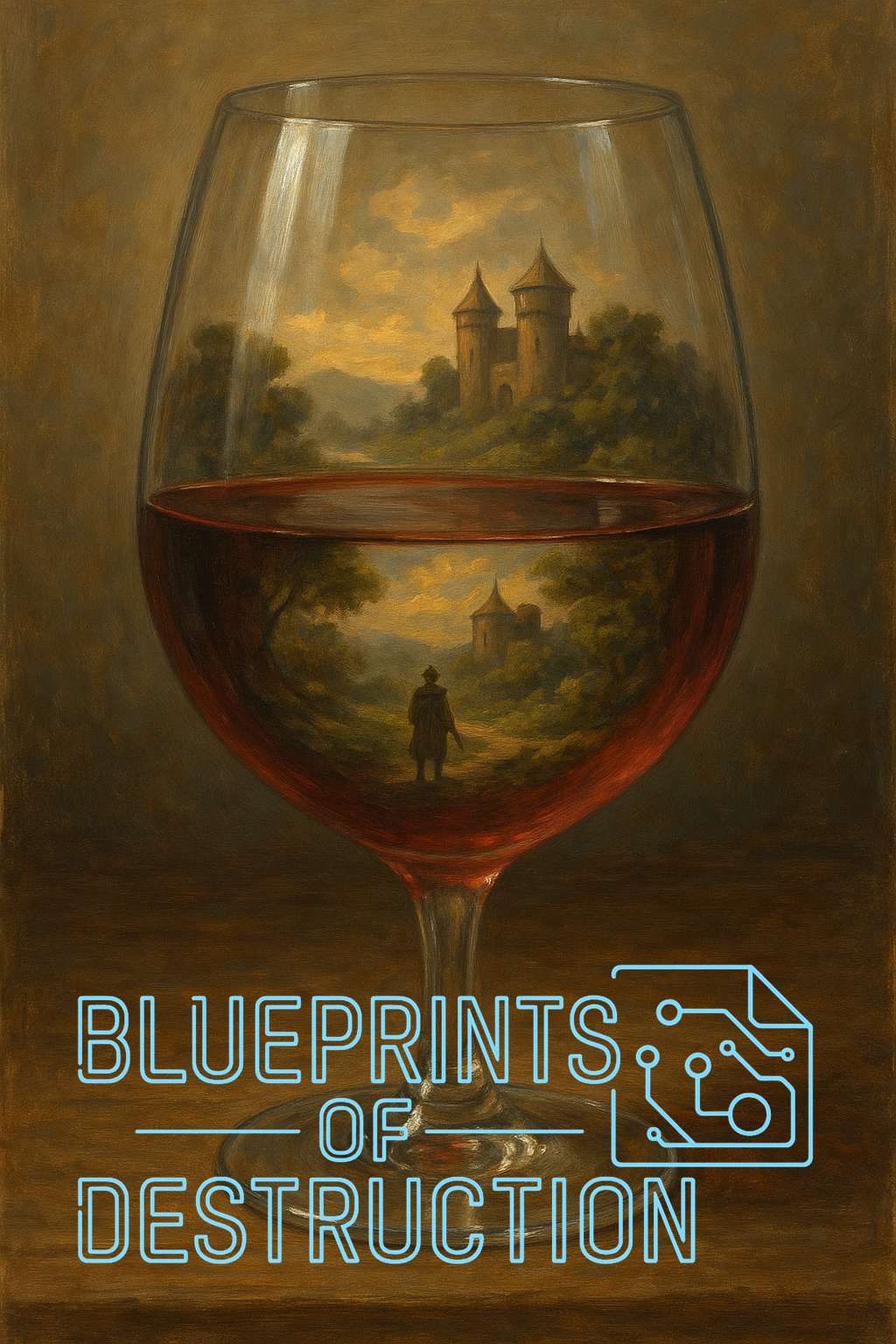
From cheese, to wine, to dry-aged beef, everything is better with time. Don't put pressure on yourself to have everything done in a set amount of time - that is another recipe for an unsuccessful and potentially unfulfilling world. Letting ideas rest and marinate before you come back to them is a great way to strategize a new approach and create your own world. If you feel stuck, or if you simply want to take a step away so that you can get a fresh perspective, time away can only make your thoughts better. Just as you let wine breathe so the full-bodied flavors can work their way to the forefront of the experience, the same can be said for giving your story room to flourish. Your notes and ideas will be patiently aerating, while waiting for your return. By the time you get back, they will be ready to transform into what you need them to be as you create your own world.
Whether you are trying to create your own world, or you are strategizing your way through a difficult plot issue, make sure to devote ample time to worldbuilding before trying to write an entire novel. If you don't start building from the ground up, you'll just end with a pile of rubble. And even though that is what it may look like during the process, the true gold lies just below the surface. Even if it takes a while for you to find it, establish your footing, take the shovel of imagination, and just start digging! In the end you will see worldbuilding is not so much about "building" something, as much as it is about discovering it. Phranqenlu is excited to see what you uncover!
